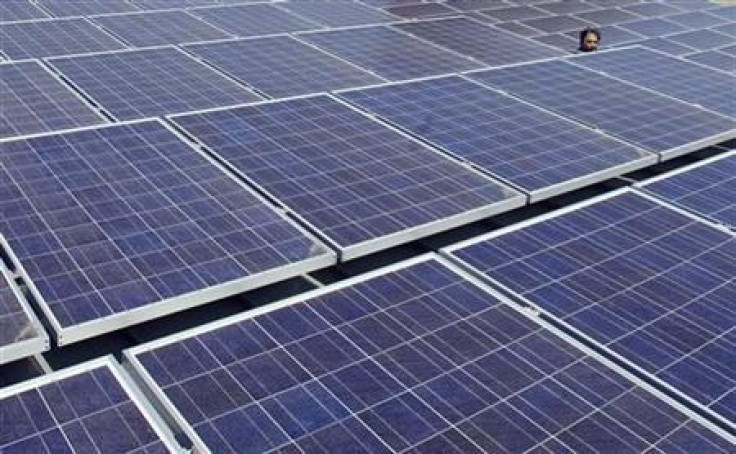Solar energy company faces massive $21bn fine for cold calling with illegal 'robot' telemarketers

The owner of several solar companies in the US is facing a scorching penalty of $20.8bn (£14bn, €18bn) for using a robot telemarketing cold-call system to contact private phone numbers which were on a restricted list.
Francisco Salvat, who operates California-based companies Sunlight Solar Leads, KFJ Marketing and Go Green Education, has been accused by the Justice Department of making millions of automated cold calls to numbers on the Do Not Call Registry – a government service set up by the Federal Trade Commission to protect America's consumers from cold callers.
The fine for contacting each number on this prohibited list is up to $16,000, and with Salvat's robotic system allegedly carrying out 1.3 million calls the lawsuit is asking for a hefty sum in compensation.
According to reports the phone calls employed a pre-recorded message informing consumers about an upcoming 14% rise in their electricity bills, and if they wanted to find out how to stop it they were asked to "press one" on their keypad, which then put them through to a sales representative for its solar products.
Salvat's companies are also accused of collecting the personal data and information of those contacted and then selling it onto other companies, then continuing to call individuals despite being requested not to by deceptively hiding their caller ID.
"Mr Salvat's companies ignored the Do Not Call Registry and made illegal robocalls," said Jessica Rich, Director of the FTC's Bureau of Consumer Protection. "Breaking the law isn't a great way for a company to introduce itself to potential customers."
The Justice Department is demanding Salvat to pay a penalty fine for each illegal call made, which even at a $1 each would be a huge fine, as well as for the companies to cease the telemarketing practice.
The state of California is rolling out a massive drive for solar energy uptake and boasts nearly half of the US overall solar energy generating capacity, leading the nation in amount of solar installations with the state's target to use 50% renewable energy by 2030.
© Copyright IBTimes 2024. All rights reserved.






